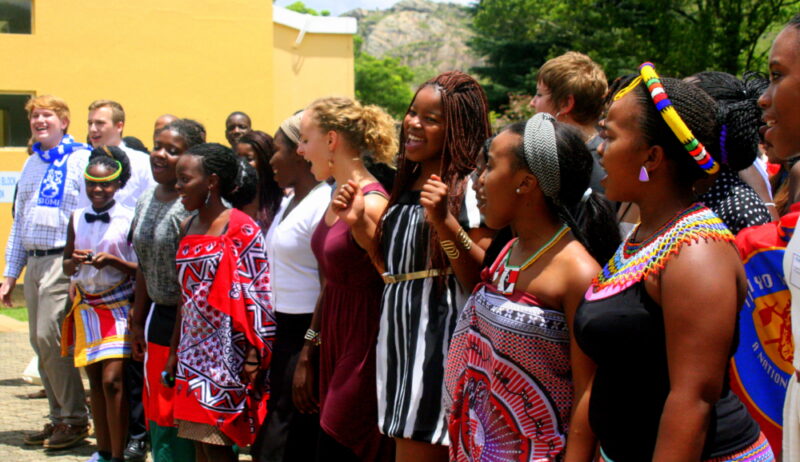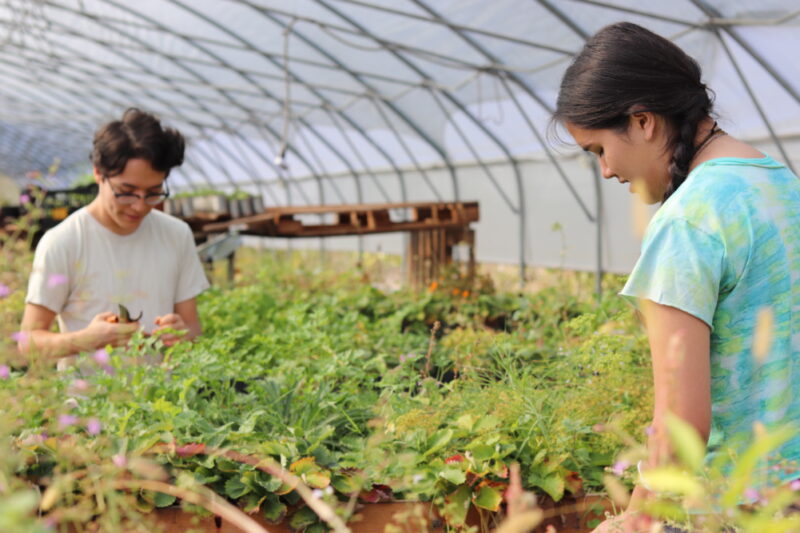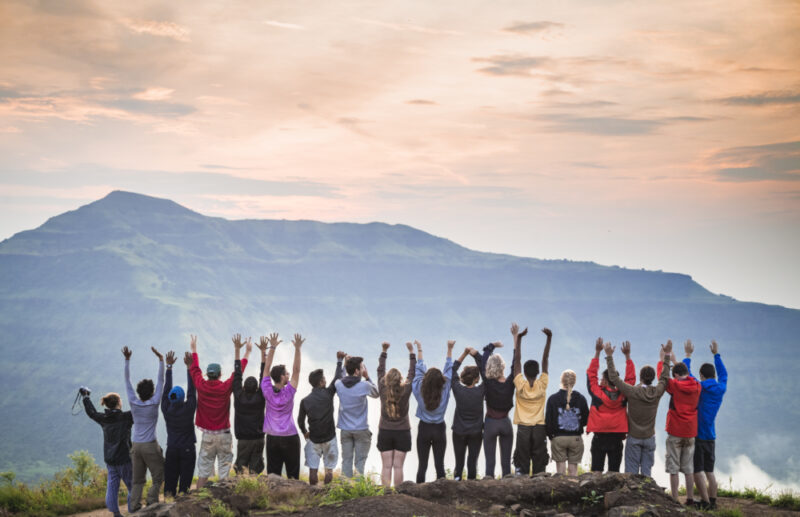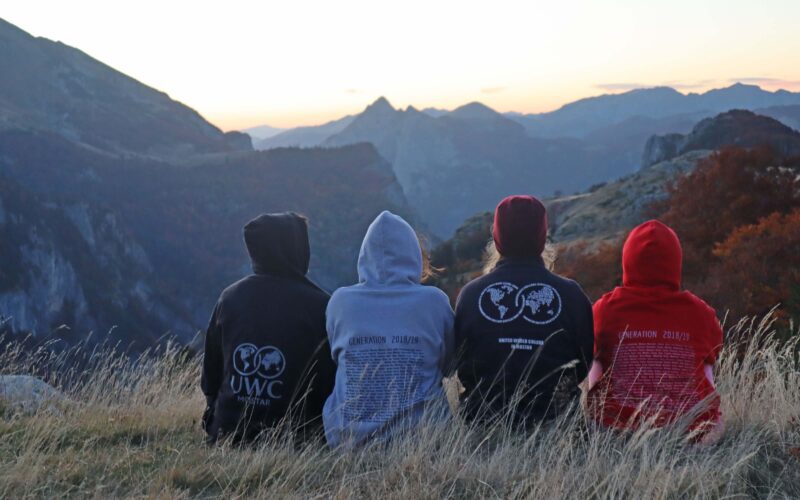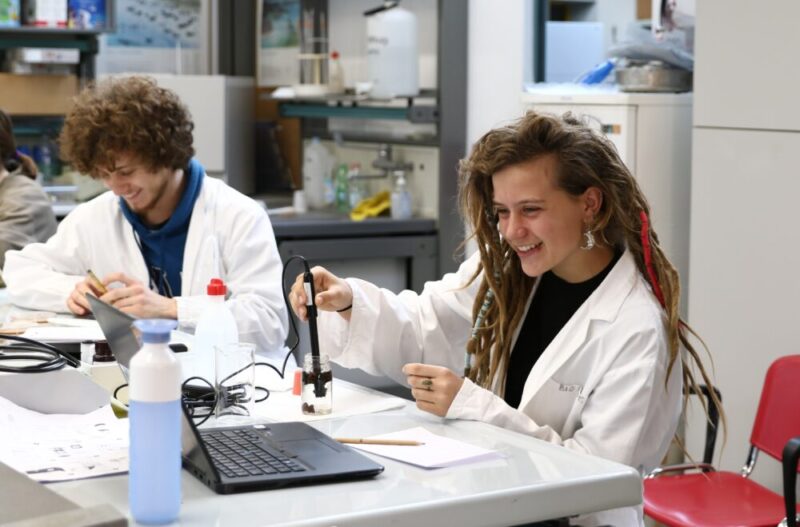UWC-USA
UWC-USA’s remote location, at the most southern tip of the Rocky Mountains, lends itself to the college’s focus on wilderness training and leadership. As we navigate climate adaptation and mitigation to build greater resilience, the shortage of water and wildfires present immediate challenges in the high desert.
In January 2021, Katrin Scholz-Barth joined the staff as the inaugural sustainability manager with the mandate to lead the campus to carbon neutrality by 2030.
UWC-USA is implementing a Sustainability Climate Action Plan that addresses all programming aspects, including academics, student-life and operations:
- Energy: the transition to renewable energy sources as well as energy use reduction;
- Campus Operations: building management and maintenance as well as new construction to high performance building standards, waste management, water use reduction, green cleaning standards, green IT standards, the transition to an electric fleet, climate preparedness and campus resilience, green procurement for responsible purchasing and ethical sourcing, event management and food;
- Nature and Ecosystems: Recognizing the interconnectedness of Soil-Water-Climate, committing to toxin-free landscape operations and groundskeeping, campus design for passive water collection and erosion control, conservation and education on biodiversity;
- Health and Well-Being: Committing to an active, healthy and toxin-free campus environment for personal well-being, that is also free of drugs and alcohol;
- Culture and Learning: Integration of Sustainability into teaching and research, community action and engagement and a strong alumni network.
A number of accomplishments include:
- Sustainable Education; with a class on Environmental Systems & Societies and a Permaculture Certificate.
- The Agro-Ecology Research Center was added to UWC-USA in 2018. The farm grows food for the local community and provides about 30% of greens and produce to the dining hall. All food waste is turned into compost to use for campus landscaping.
- A number of campus services offer students opportunities to engage in forest management, soil and water management and landscapes for erosion control and infrastructure protection.
- UWC-USA implemented a socially responsible Retirement Savings Plan – NATIXIS Sustainability Future Fund for all employees to participate in.
- Green Cleaning Supplies: on August 1, 2023 transitioned to green cleaning supplies to eliminate toxins from all cleaning products. Introducing Dr. Bronner’s helped consolidate the current array of multiple chemical cleaners to a few clean, healthy, reliable and tested products that are safe for use, biodegradable, without any petrochemicals or synthetics, and are made from pure certified organic and fair-trade vegetable oils, to reduce operating cost and the carbon footprint from packaging and shipping.
- Approved the installation of Solar Energy on campus to generate 40-50% of electricity use and will accelerate the transition to an electric fleet with a number of charging stations for electric vehicles (EVs)
- Transportation: approved to electrify the Fleet – all new vehicles will be either electric or hybrid.
In 2019 UWC-USA embarked on a campus-wide masterplan study. An ambitious transformation is currently under way including the historic castle and dorm buildings to implement the Innovate-for-Impact Masterplan to make the campus our living laboratory for learning, living and experimenting together.

